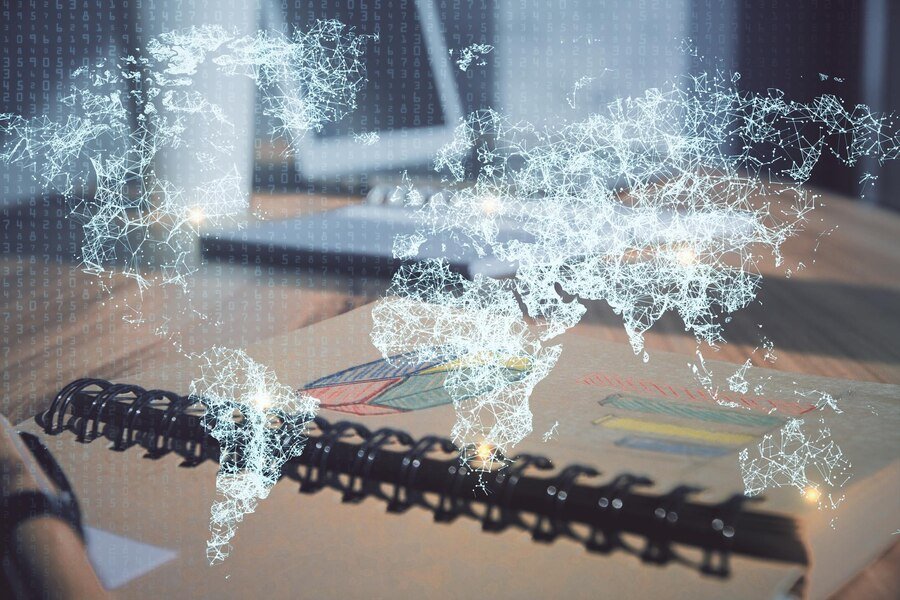Love and hate are intense emotions that sometimes intertwine, especially when it comes to the concept of your first love becoming your enemy. When someone who once held a special place in your heart becomes an antagonist in your life, it creates a unique and painful tension. This situation, common in fiction, dramas, and even real life, forces us to confront unresolved feelings, betrayal, and sometimes a sense of loss or even growth.
In this article, we’ll explore the reasons behind this complex shift from first love to enmity, the emotional toll it can take, and the ways people can cope with such experiences.
The Power of First Love
First love holds a special place in our lives because it’s often the first intense emotional connection we experience outside of family. It’s raw, pure, and filled with idealism. The memories of this first connection, no matter how far in the past, often linger. Many people carry the lessons, joys, and heartbreaks from their first love throughout their lives.
How Does a First Love Become an Enemy?
The shift from love to enmity doesn’t happen overnight. It’s often a gradual process marked by unresolved conflicts, misunderstandings, betrayal, or even competition. Here are a few common reasons this transformation occurs:
- Betrayal of Trust
When trust is broken, the sting feels sharper, especially with a first love. Whether it’s infidelity, a breach of confidence, or going behind someone’s back, betrayal leaves scars that can turn affectionate memories into feelings of resentment. - Unresolved Conflict
Lingering issues that aren’t addressed can build up over time. If both individuals struggle to communicate or understand each other’s perspectives, these conflicts can fester, turning former love into bitterness. - Changing Life Goals
Sometimes, people grow apart as their goals, interests, and values change. When these differences create tension, people may feel as though they are on opposing sides, leading to animosity. - Competition and Jealousy
Especially true in professional or social settings, if one person’s success overshadows the other’s or if jealousy takes root, the supportive nature of love can turn to rivalry. - Different Perceptions of the Past
Revisiting memories can sometimes create friction. If one partner recalls the relationship fondly while the other recalls it negatively, it may lead to arguments and a clashing of perspectives.
The Emotional Toll of Loving and Hating the Same Person
Navigating emotions toward someone who was once a first love but is now an enemy can feel like an emotional rollercoaster. Here’s how it can impact a person emotionally:
- Confusion and Guilt
It’s challenging to reconcile love and hate. People often feel guilty for hating someone they once loved, leading to self-doubt and confusion. - Lingering Attachment
Despite the negative feelings, it’s hard to let go of someone who played a significant role in your life. This lingering attachment can make it difficult to move on. - Emotional Exhaustion
Constantly bouncing between feelings of love and hate is draining. It can make a person feel emotionally exhausted and unable to invest in new relationships fully.
Finding Closure

Moving forward requires closure. Here are a few steps to help:
- Reflect on Your Feelings
Understanding why you feel the way you do is the first step to healing. Journaling or talking to someone you trust can help you untangle these mixed emotions. - Communicate, If Possible
If it’s safe and you’re both willing, having an open conversation may allow you to air unresolved grievances. Sometimes, this can bring clarity and closure. - Focus on Self-Growth
Redirecting your energy toward self-improvement can be a great way to let go of negativity. Building new experiences and goals can help you move on from past emotional struggles. - Embrace Forgiveness
Forgiving doesn’t mean condoning the past; it simply means letting go of bitterness. Forgiving your first love may be the key to releasing yourself from the emotional burden. - Seek Support
Friends, family, or a therapist can offer valuable perspective and support during this time. Speaking with someone objective can make a difference.
Conclusion
When a first love becomes an enemy, it’s easy to feel as though you’re losing a piece of yourself. However, this challenging experience can also offer a path to personal growth, resilience, and a clearer understanding of your values. By reflecting on your emotions, seeking closure, and embracing self-forgiveness, it’s possible to move past this complex mix of love and resentment and emerge stronger on the other side.
FAQs
Can a relationship survive after betrayal?
It depends on the people involved and their willingness to forgive and rebuild trust. Some relationships grow stronger, while others cannot overcome the breach of trust.
Why is it harder to get over a first love?
First loves are powerful because they’re often filled with idealism and raw emotion. They leave a lasting impression that can make moving on difficult.
How can I stop feeling attached to my first love?
Focusing on self-growth, building new connections, and creating fresh memories can help you slowly detach from lingering feelings.
Is it normal to hate someone you once loved?
Yes, strong emotions like love and hate often exist on a fine line, and it’s common to feel conflicted after a relationship ends negatively.
How can I prevent a relationship from turning into rivalry?
Open communication, respecting each other’s growth, and supporting each other’s goals can help prevent feelings of competition or jealousy.











